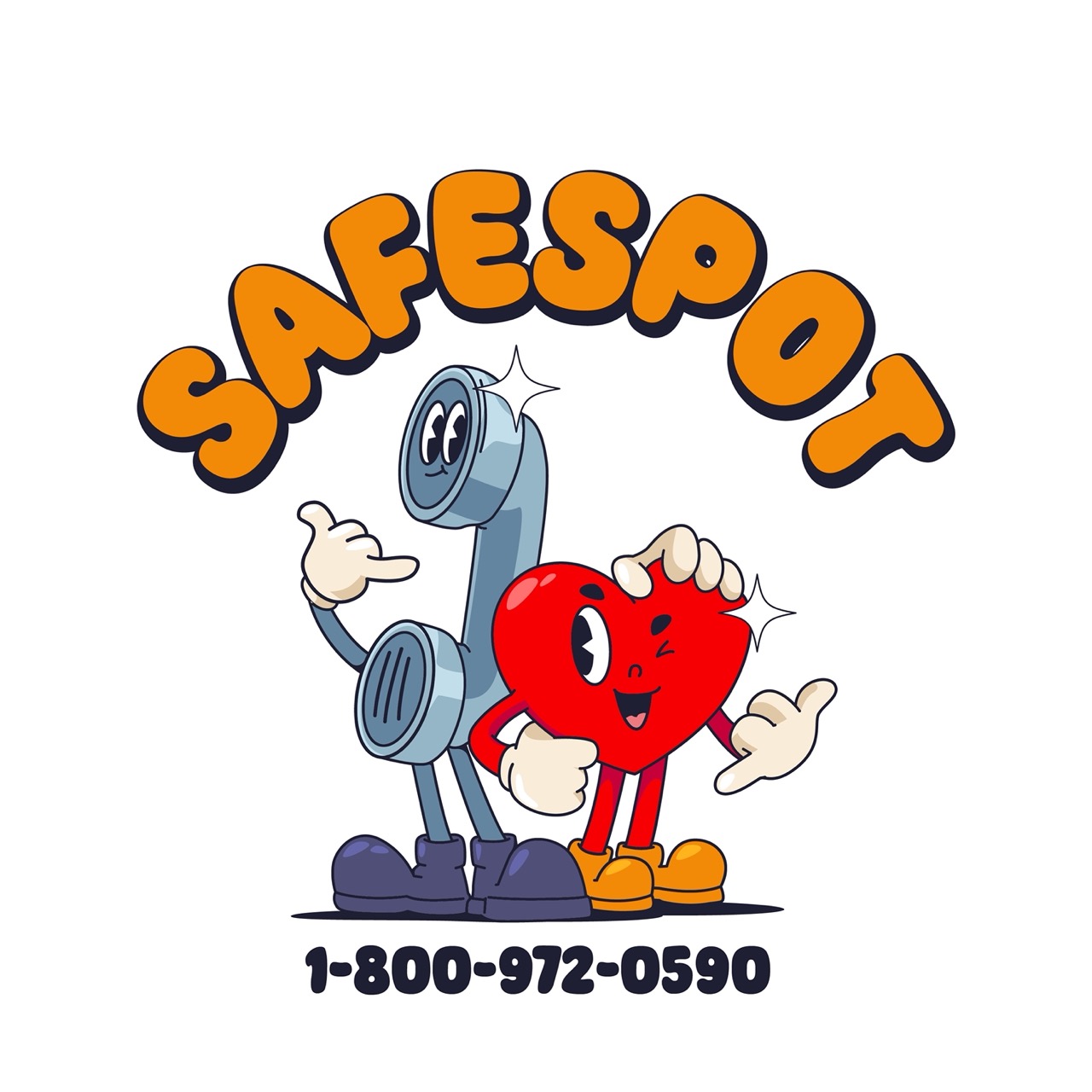This statewide helpline in Massachusetts remotely monitors people who use drugs in real time to identify and respond to overdoses
Those with opioid use disorder sometimes use drugs alone, putting themselves at risk of an unobserved and perhaps fatal overdose. The Massachusetts SafeSpot overdose helpline, a project of the Boston Medical Center, is staffed by trained operators with lived experience with opioids who can monitor drug users in real time and respond to a suspected overdose. Helpline staff stay on the line with callers who are using drugs and if a caller becomes unresponsive during the call, helpline staff contact emergency medical services. The service is free, confidential, and discloses the caller’s location to emergency medical services only in the event of an overdose. It can also provide callers with their closest harm reduction program. This is a statewide program that is funded by the Massachusetts Department of Public Health, Bureau of Substance Addiction Services.
Previously supported by private sources, Massachusett's SafeSpot was the first opioid hotline to receive funding by a state. News stories describing SafeSpot are here and here. Similar programs, national in scope, are Never Use Alone (US) and Canada's National Overdose Response Service (NORS).









